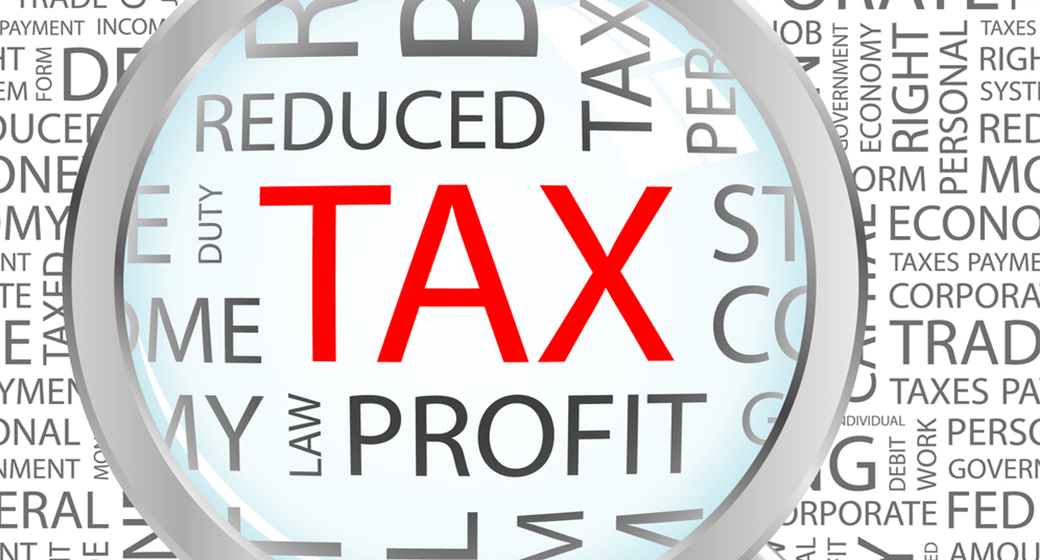
-
Posted By Sirmabekian
-
2023
-
0 Comments
The dynamic realm of independent contractor taxes can often seem labyrinthine. Unlike traditional employees, where taxes are typically withheld from every paycheck, independent contractors must proactively manage their tax obligations. This makes it crucial to comprehend the tax timeline and know the pivotal dates to avoid penalties and ensure compliance. This guide sheds light on the essential milestones in the independent contractor’s tax calendar.
Grasping the Concept: Why the Different Timeline?
Independent contractors are considered self-employed, meaning they are responsible for both the employer and employee parts of Social Security and Medicare taxes. Since these are not automatically withheld, the IRS requires them to make periodic estimated tax payments.
Quarterly Estimated Tax Payments
For most independent contractors, taxes are not a once-a-year affair but a quarterly commitment.
Key Dates:
- April 15th: For earnings from January 1st to March 31st.
- June 15th: For earnings from April 1st to May 31st.
- September 15th: For earnings from June 1st to August 31st.
- January 15th of the following year: For earnings from September 1st to December 31st.
Determining Estimated Taxes
To avoid penalties, it is crucial that your estimated payments are accurate.
- Review Last Year’s Income: A safe approach is to pay 100% of last year’s tax liability.
- Adjust for This Year: If you anticipate a significant change in income, calculate your expected adjusted gross income, taxable income, deductions, and credits for the year.
Year-end Tax Return
Post the conclusion of the tax year, the final reckoning of your independent contractor taxes occurs.
Key Date:
- April 15th of the following year: Final tax returns are due. This is when you reconcile your estimated tax payments with your actual tax liability. If you have overpaid throughout the year, you will get a refund. If you have underpaid, you will owe additional taxes.
Handling Underpayment and Overpayment
The goal is to avoid large refunds or owed amounts.
- Underpayment: If you did not pay enough throughout the year, you might owe penalties. Regularly reviewing and adjusting your estimated payments can help prevent this.
- Overpayment: While a large refund might sound appealing, it essentially means you have given the IRS an interest-free loan. Adjust future estimated payments to align better with your actual tax liability.
What about State Taxes?
If your state has an income tax, you will likely need to make state-specific estimated tax payments. Each state has its guidelines and schedules, so it is crucial to check with your state’s tax agency.
Dealing with Discrepancies and Disputes
While managing independent contractor taxes, discrepancies or disputes can arise. Whether it is disagreements about the nature of your contract, unpaid dues, or other work-related concerns, seeking legal counsel can be beneficial. An unpaid wages lawyer can assist with compensation disputes, while a discrimination lawyer can be consulted if you believe tax discrepancies arise from discriminatory practices.
Tools and Resources
Leverage tools and resources to stay on top of your tax game:
- IRS Form 1040-ES: Provides guidelines and a worksheet to help calculate estimated taxes.
- Online Payment Systems: The IRS offers the Electronic Federal Tax Payment System (EFTPS) to pay your taxes online.
While the timeline for independent contractor taxes may seem complex initially, a systematic approach, periodic check-ins, and leveraging available resources can streamline the process. By marking crucial dates, estimating taxes judiciously, and addressing any discrepancies proactively, independent contractors can ensure timely, accurate, and stress-free tax payments.
 English
English Spanish
Spanish